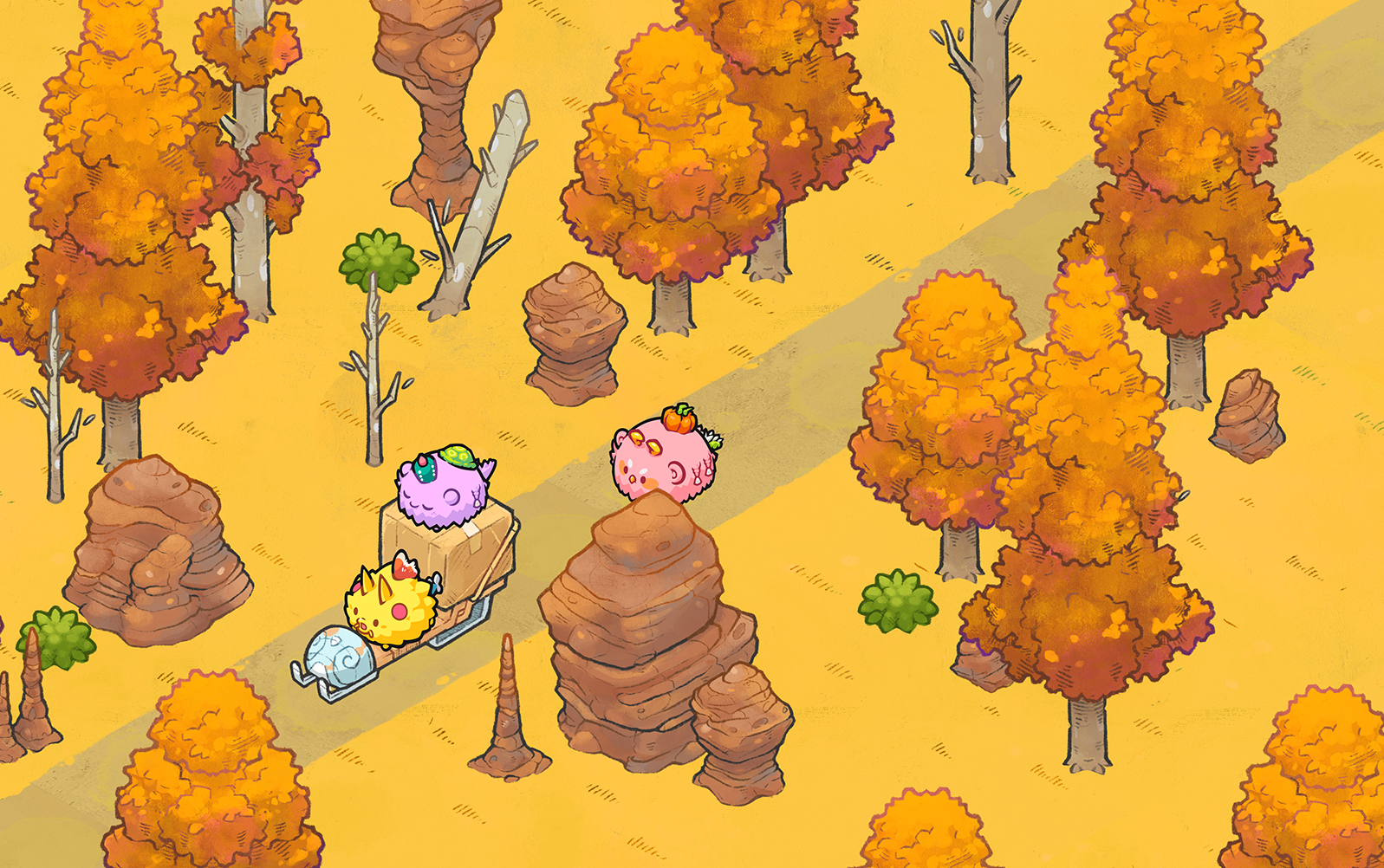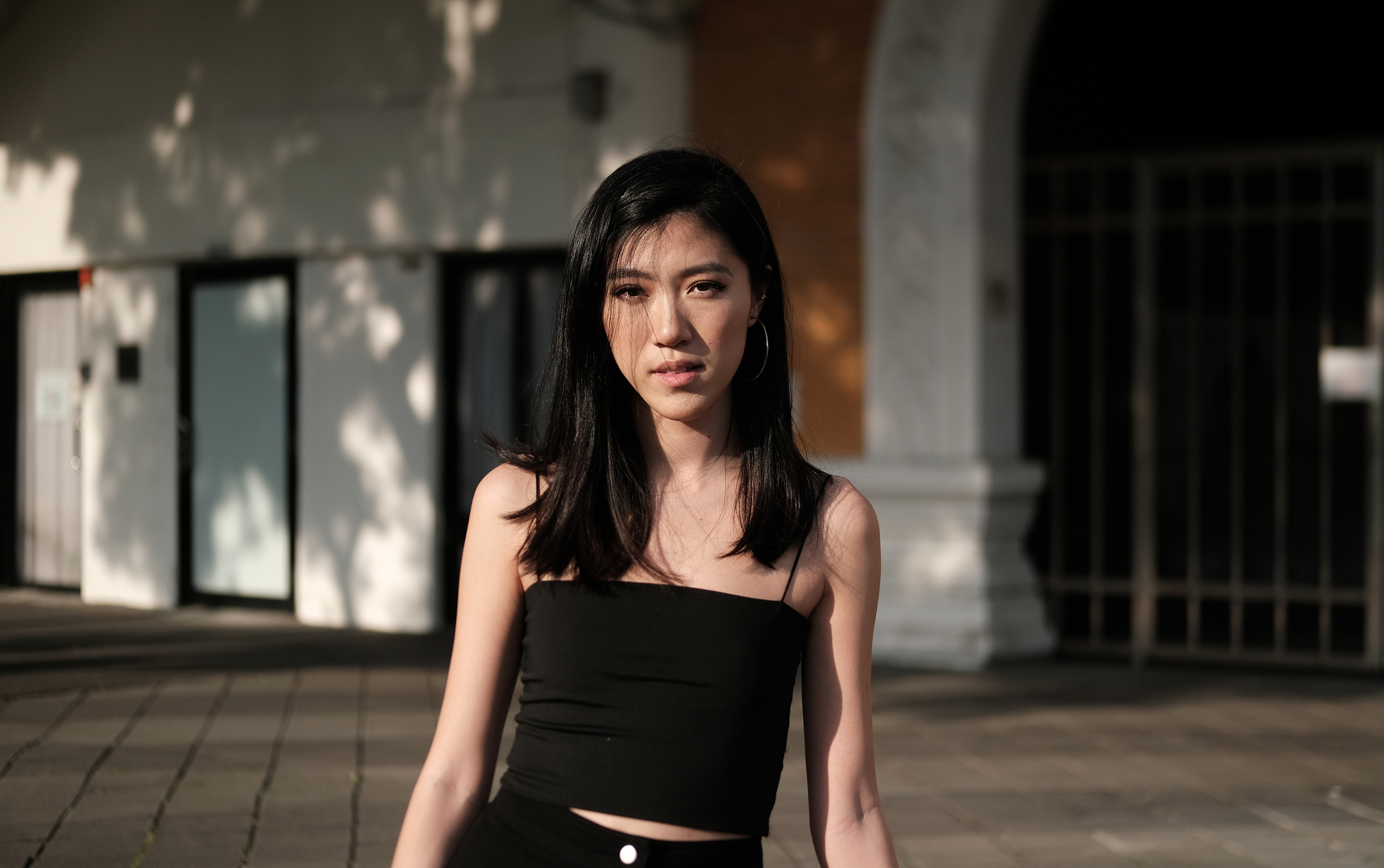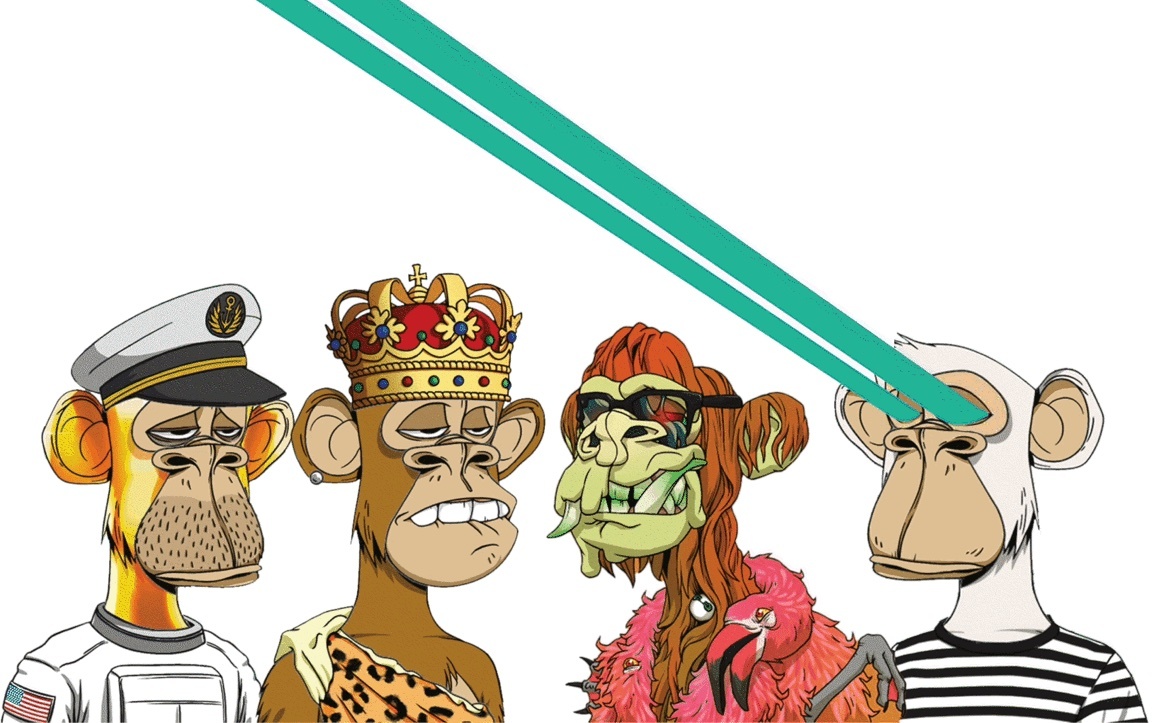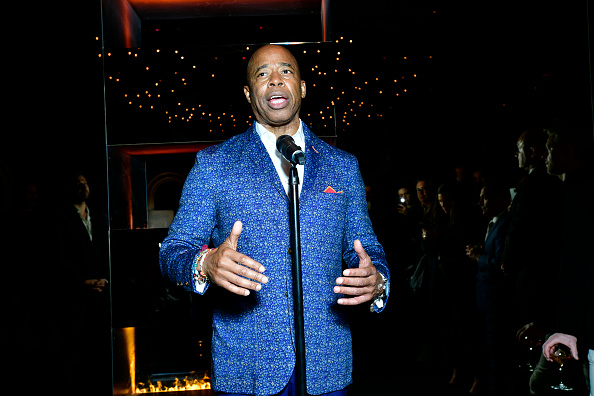NFTs took over Art Basel Miami
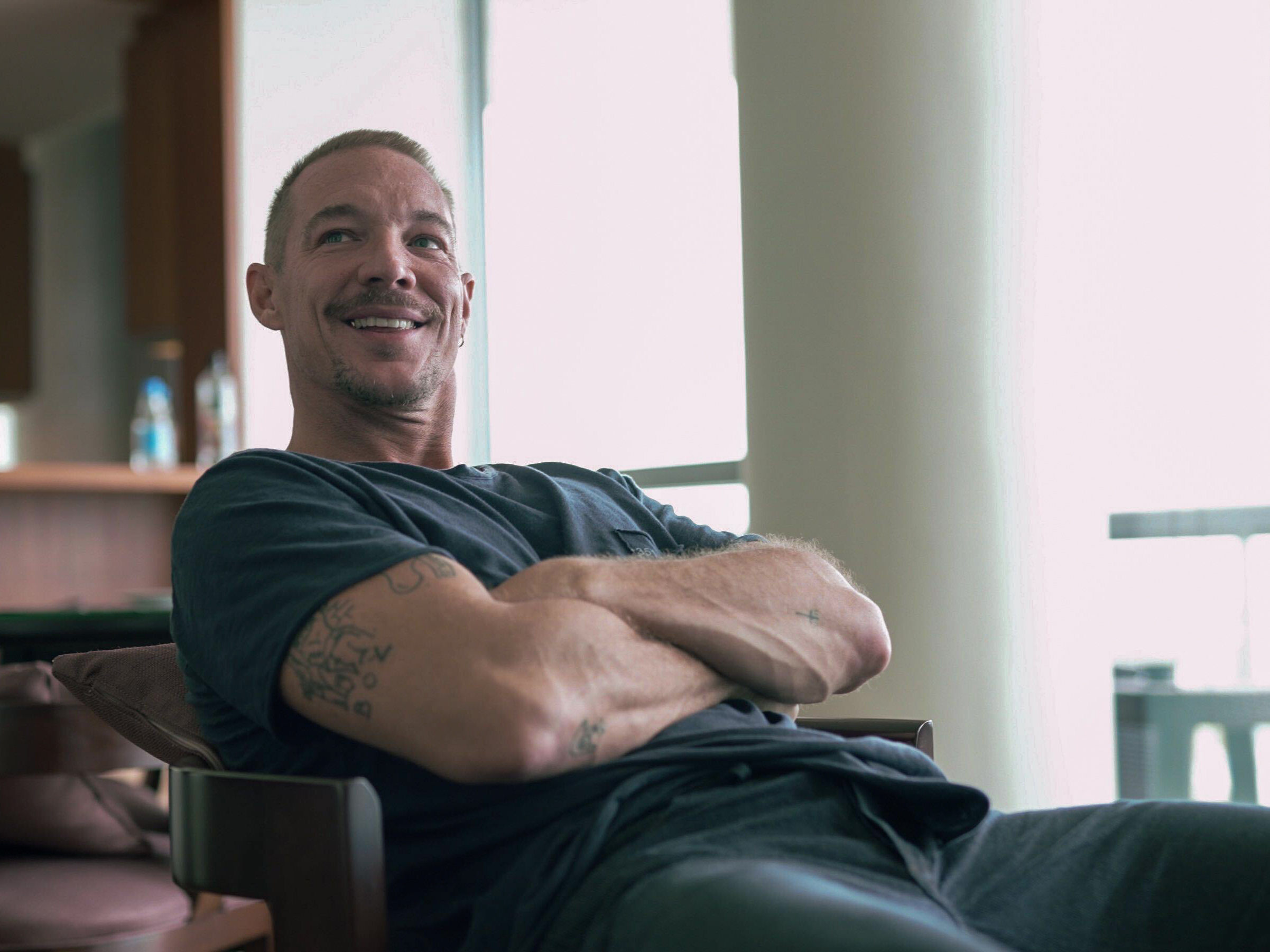
Diplo, the GRAMMY-winning DJ behind dozens of pop hits, sat down with Coinbase Bytes in Miami during Art Basel to talk about starting a DAO and his NFT collection. [Image by Hubert Lamela]
There’s never a dull moment on the blockchain. Here’s what you need to know this week:
Crypto markets tumbled this weekend. But crypto adoption around the world continues to grow.
NFTs were everywhere at Art Basel Miami. The world’s biggest art fair collided with the crypto community.
Diplo talked to us about crypto and NFTs. The GRAMMY-winning DJ is also thinking about starting a DAO.
Market Update
Bitcoin tumbles over the weekend, but crypto’s global adoption continues to rise
Over the weekend, as markets of all kinds reacted to fears over the latest COVID variant and continued supply-chain woes, Bitcoin fell nearly 25% to a low of nearly $42,000 — before rebounding above $51,000 on Tuesday. But as is often the case, the long view looks a lot sunnier: with crypto adoption around the world on the rise, as both individual traders and major financial institutions step up their participation. Let’s dig in...
According to a new survey, around a quarter of U.S. investors now own BTC. The survey, which was conducted by crypto fund giant Grayscale, found that nearly 80% of respondents would be more likely to invest in Bitcoin via an exchange-traded fund (or ETF). ETFs are hugely popular vehicles for investing in a wide range of asset classes. In the U.S. BTC futures ETFs broke trade records when they launched in September. But so far the SEC has yet to approve a so-called “spot BTC ETF” that would hold the crypto directly. (In Canada, Fidelity became the latest firm to launch a spot BTC ETF this week.)
In Brazil, the 28 million users of a popular fintech app called Mercado Pago will soon be able to buy, sell, and hold crypto. Crypto could have a special appeal for Brazilians due to the nation’s spiraling inflation rate (10% as of October). Bitcoin, which has a maximum supply of 21 million, is designed to be resistant to inflation — and has become a popular hedge with both individuals and institutions.
Global stock exchanges are looking to incorporate crypto. As crypto use has spiked in Korea, the chair of South Korea’s stock exchange has indicated that domestic exchanges need to “explore how to embrace virtual assets.” Meanwhile, the chairman of Switzerland’s stock exchange is exploring support for NFT trading; the U.K.’s benchmark stock market index FTSE is creating a crypto market index; and Goldman Sachs and other Wall Street banks are exploring offering Bitcoin-backed loans. And insurance giant MassMutual and investment giant WisdomTree are creating systems to allow investment advisors to buy crypto on behalf of clients.
Why it matters… Despite the weekend’s slide dip, Bitcoin — and crypto markets generally — remain historically high. Compared to the S&P 500, which is up 25% for 2021, Bitcoin has risen by nearly 80% (as of Tuesday). And while much remains to be learned about COVID’s Omicron variant, early severity data was described by White House advisor Dr. Anthony Fauci as “encouraging.”
State of the Art
NFTs take over Art Basel Miami, the world’s premier art fair
Art Basel Miami is the art world’s biggest annual bash — a citywide marathon of official and satellite events that draw galleries, collectors, and fans from around the world. This year, the fair got a crypto-powered digital makeover, as pretty much the entire NFT scene — from Beeple to the Bored Ape Yacht Club — took their talents to South Beach for a weeklong series of immersive experiences, yacht parties, and much more. “This is the first time that Art Basel has taken on this digital footprint,” Miami mayor Francis Suarez told an NFT crowd early in the week. “I’ve been saying this is going to be the largest sale of NFTs in the history of humanity.”
Some of the most crowded exhibits at the official fair featured interactive NFT art. In a packed convention center booth, the open-source crypto platform Tezos partnered with German artist Mario Klingemann for a piece that used neural networks to meld visitors’ likenesses into a grotesquely surreal mashup — which could be minted on the spot as free NFTs by scanning a QR code. Elsewhere in the convention hall, the major international gallery Pace showed off its own NFT platform and sold a piece by the artist duo DRIFT for $550,000 (a portion of the proceeds went to an environmental nonprofit).
Bored Ape Yacht Club, The Heart Project, and other top NFT collectives hosted events all over Miami. BAYC — which boasts an ever-growing roster of celebrity holders, including Steph Curry and Post Malone — had plenty to celebrate: over $1 billion in sales, a metaverse deal with Adidas, and a new mobile game. Also on Saturday, 18-year-old NFT star FEWOCiOUS threw a “paint party” — with 250 friends and collectors (all wearing white coveralls) filling eight massive canvases with bright colors and inspirational messages.
After hours, attendees hopped between VIP parties across the metro area. Digital art crews The Heart Project and Doodles partnered for a warehouse bash with performances from rappers Gunna and Aminé. At Coinbase’s Probably Nothing party, hosted by entrepreneur and NFT booster Gary Vaynerchuk, Marshmello DJed to a crowd of collectors, creators, and crypto investors. “My hope is that the executives remember the feelings of how wrong they were about Facebook and Twitter and Instagram and YouTube,” Vaynerchuck told us at a VIP brunch earlier in the day. “And they say, maybe we need to do [NFTs] differently.”
Why it matters… Before Basel Miami 2021 kicked off, some art-world observers had wondered if big international galleries — whose clients’ purchasing power fuels the annual event — could comfortably coexist with crypto. The answer? Not only do digital and traditional art both have a place at Basel Miami, but together they’re pushing art and collecting into the future. At his paint-splattered bash, FEWOCiOUS summed up the potential: “NFTs taught me art doesn’t have to be a still painting. We still have to explore fashion, literature, and more.”
Q&A
Diplo talks crypto, Bored Apes, and the future of music
Last Friday night, GRAMMY-winning producer Diplo — along with DJ friends like Davi and Major Lazer's Walshy Fire — took center stage at Art Basel Miami with the latest edition of his trippy, Burning Man-inspired Higher Ground party, which filled a sprawling arts-district event space in Wynwood with thousands of art, technology, and NFT fans. The next day, Coinbase caught up with the hitmaking DJ (real name: Thomas Wesley Pentz) at his Miami Beach hotel to talk crypto, NFTs, and the future of music. Here's what he had to say.
How did you get into crypto?
Pharrell put out a tweet the other week about how we made a song in 2011 called "Bitcoin" — it was kind of a joke at the time because there wasn't even an accessible way to buy it. It wasn't until I got a Coinbase account five or six years ago that I started buying bitcoin. I've never really sold — I've always kept buying, putting more money into it.
How can crypto change music for artists and fans?
I did a big [songwriting] catalog sale last year — songs were worth a lot at the time and I decided I'd rather get cash on hand and put it into, like, DeFi. I'm learning about DAOs [decentralized autonomous organizations, which can allow strangers around the world to share ownership in a company or asset] and I'm planning to start one next year. If I start a DAO for my fans, they can be part of the ownership and my publishing.
What inspired you to buy a Bored Ape NFT?
They remind me of the stuff I collected as a kid, like Ninja Turtles. And it feels cool to have one — I can show it to Post Malone at a party, and he'll be like, "oh cool, you got that one?" It's kind of silly, but it's a flex — like buying a really nice outfit. Except the NFT is going to stay in my wallet forever.
You've spent lots of time traveling and performing in developing countries — did that change how you see crypto?
In Zimbabwe people were spending, like, trillion-dollar bills in the store because inflation there went insane. I think about kids making their money at a retail job in Africa, and they don't have faith in some of the economics of their government. Decentralized money is an answer for that situation — it's like a cheat code that helps people to grow.
TOKEN TRIVIA
What is a DAO?
A
Decentralized autonomous organization
B
A smart-contract powered way to organize people
C
A versatile group structure that allows strangers to share ownership
D
All of the above
Find the answer below.
Trivia Answer
D
All of the above
